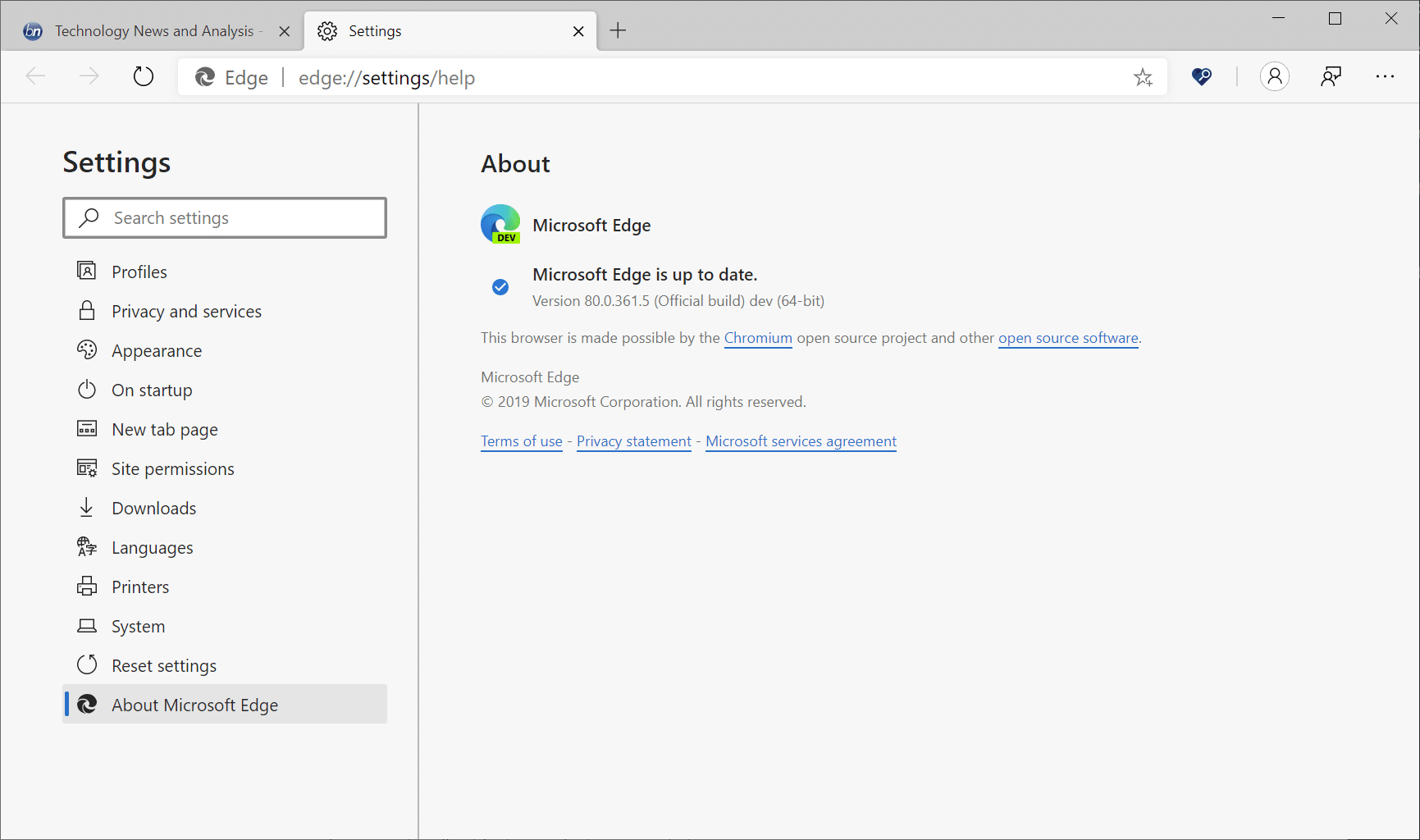
ADATA releases XPG Hunter DDR4 RAM for desktops and laptops
There is no shortage of great memory modules these days, with many manufacturers catering to both gamers and enthusiasts. Prices are quite reasonable too, meaning it is possible to build a budget machine with 16GB or 32GB of RAM -- 8GB no longer needs to be the baseline for low-cost gaming machines.
ADATA is definitely a trusted company when it comes to RAM, and its XPG brand is well respected by in-the-know system builders. That manufacturer is giving consumers yet another option when shopping for memory -- its all-new XPG Hunter line of DDR4 RAM modules. Not only capacities ranging from 8GB to 32GB, but there are both U-DIMM and SO-DIMM options, so both desktop and laptop users can get in on the action. Not to mention, they are quite classy-looking too -- the design is attractive without being over-the-top.

Own an Apple Watch? You need to check out this clever new USB-C charger from Satechi
The Apple Watch is undoubtedly the best smartwatch on the market, but that isn't saying very much. Wearables are often nothing more than a fashion statement masquerading as an essential piece of technology. Consumers have these grand ideas about being more productive and healthy by buying a smartwatch, only to discover the wearable becomes both a notification nuisance and yet another thing you have to charge. Hey, at least it can double as a Roku remote these days...
With all of that said, Apple Watch has many fans, and while the device's battery life has gotten better, it still only lasts a mere day at best -- certainly not weeks. And so, if you are a road warrior, you will need to carry a charger for it in your bag. But what if I told you there was an innovative new Apple Watch charger that makes the official charger look like crap? It's true. Today, popular accessory-maker Satechi releases the very clever USB-C Magnetic Charging Dock for Apple Watch.

Organizations search for tougher cybersecurity measures as APTs run rampant
Advanced persistent threats (APTs) have become aggressive in their attempts to breach organizations’ networks. These malicious actors look to gain unauthorized access to infrastructures for prolonged periods of time so that they can perform various acts including mining and stealing sensitive data. Their ability to evade conventional security measures have allowed them to cause costly data breaches against many businesses.
Hackers have even found ways to intensify their malicious activities. According to an Accenture report, threat actors and groups have now teamed up to conduct targeted intrusions and spread malware. Among them are financially motivated groups such as the Cobalt Group and Contract Crew. These increasing cyberattack threats have prompted companies to toughen up their security. Gartner estimates that security spending will grow to $170.4 billion in 2022.

Cloud predictions for 2020
Multi-cloud environments have been a hot topic for the last year. Already, businesses have been realizing the benefits of a vendor-agnostic approach, which not only minimizes costs but gives them the freedom to innovate. However, there are a couple of aspects of operations which will be key in ensuring multi-cloud remains viable for enterprises in the long-term.
Despite the freedom which comes with a vendor neutral ecosystem, orchestrators haven’t yet overcome the headache associated with migrating workloads between these different cloud infrastructures. The past year saw major cloud players like IBM making acquisitions to address this, but as yet, they haven’t found a successful solution. Over the next year, this will be a priority for enterprises looking to remove the bottlenecks in their CI/CD pipeline. Organizations will invest in services which can help them harness a multi-cloud ecosystem, by supporting fast deployment, scalability, integration and operational tasks across public and private clouds.

Improved business cases, skills shortages and a dark side -- AI predictions for 2020
Artificial intelligence is making its way into more and more areas of our lives. But what can we expect to see happen in this area in 2020? Some industry experts share their views on the latest AI trends.
Synthetic data specialist ARM Insight believes, "There will be a huge investment return gap between those using basic analytics or simplistic machine learning on data from those that are using true artificial intelligence. Machine learning simply won’t cut it any more. Artificial intelligence will be the only path to maximum data value."

30 percent of Americans not confident they could spot a machine voice pretending to be human
With deepfake voice fraud an increasing threat, new research shows that 30 percent of Americans are not confident they would be able to detect the difference between a computer generated voice and a human one.
The study from ID R&D, a provider of AI-based biometrics and voice and face anti-spoofing technologies, shows only just over a third (36 percent) are confident they could spot a fake.

Ubuntu-based Peppermint 10 Respin Linux distribution available for download
Back in May of 2019, Peppermint 10 was released. The Ubuntu-based operating system is great for those switching from Windows, but also, it makes a fine operating system for Linux experts too. It may not be as popular as, say, Linux Mint, but it is still a solid option.
Today, fans of Peppermint -- and the entire Linux community, really -- have reason to celebrate. No, version 11 of the operating system is not released. However, Peppermint 10 Respin is now available for download!

The decline of passwords, the rise of encryption and deepfakes -- cybersecurity predictions for 2020
It's the time of year again where the great and good of the tech sector like to consult the tea leaves, gaze into the crystal ball, read the runes -- and of course draw on their industry knowledge -- to give their predictions for the year ahead.
So, what do they think is in store for cybersecurity in 2020?

Linux Mint 19.3 Tricia is here, but GIMP and VLC have been removed!
The Linux Mint developers vowed to release a new version of their operating system before Christmas, and today, they fulfill that promise. Yes, Linux Mint 19.3 Tricia is finally here, a full week before the big Christmas holiday -- a very welcome early gift.
Linux Mint 19.3 Tricia can be had with your choice of three excellent desktop environments -- Cinnamon (4.4), MATE (1.22), and Xfce (4.14). I highly recommend users with modern computers try Cinnamon first -- it is the prettiest of the trio, while the other two DEs are designed for more meager PCs. With that said, even those with high-end machines sometimes opt for Xfce and Mate because they simply prefer them.

Financial services companies over confident about protecting data
Financial services business tend to be attacked more than those in any other sector, but a new study finds that 75 percent of respondents in this industry are over confident in their data management practices.
A worrying 24 percent of respondents to Integris Software's 2019 FinServ Data Privacy Maturity Study only update their personal data inventory once a year. Even more concerning, 13 percent only inventory sensitive data when audited or in response to regulation requests.

7 AI trends you can expect in 2020
It's hard to believe that artificial intelligence is in its earliest stages. But for however many Alexas and self-driving cars we have now, experts say we have only scratched the surface of what AI can achieve.
In 2020, we'll see even more new applications of it -- here's what to expect.

Few businesses use network segmentation to guard against breaches
Security segmentation limits the ability for attacks to move laterally inside an organization by breaking data center and campus networks or clouds into smaller segments. But a new study reveals that only 19 percent currently implement segmentation solutions today.
The study of 300 IT professionals carried out by Virtual Intelligence Briefing for Illumio also shows that while approximately 25 percent are actively planning a project, more than half are not protecting with segmentation at all or planning to in the next six months.

Ashampoo Burning Studio 21 unveils new carousel-style design and navigation
German developer Ashampoo has released Ashampoo Burning Studio 21.2.0, a major new release of its Windows disc-burning software.
Capable of burning all types of optical disc from CD to Blu-ray, and supporting data, audio and video projects, version 21 unveils a major new user interface designed to aid navigation, plus expands its multimedia capabilities.

SiriusXM chooses Slack over Microsoft Teams
SiriusXM, the satellite radio juggernaut (and now-owner of Pandora), has millions of daily listeners. These days, the company doesn't only provide its popular satellite radio channels in automobiles, but essentially everywhere thanks to its mobile apps for Android and iPhone. Hell, you can listen to SiriusXM though Alexa and Google Assistant hardware these days too. Evert morning, I listen to Howard Stern on my Nest Mini by simply saying "Hey Google, Play Sirius 100." It is quite remarkable.
Obviously, such a large company has lots of employees working around the world. Enabling all these workers to easily communicate and collaborate is essential. And so, SiriusXM chose Microsoft Teams for this, right? Actually, no. As a huge blow to Microsoft, SiriusXM instead chose Slack.

Latest Chromium Edge Dev build adds Dolby Vision, ARM, and 360-degree video support
Microsoft released a new developer build of the company's upcoming Chromium-based Microsoft Edge web browser on Tuesday. The new build increases the version of the browser to 80.0.361.5; existing installations may be upgraded, new users can find downloads on the official Microsoft Edge Insiders download page.
The new release is the final Microsoft Edge Dev build of 2019 and Microsoft decided to end the year with a bang. The Chromium-based browser is now also available for ARM devices. Microsoft is making available ARM64 DEV channel builds starting with this release which means that users who run ARM devices like the Surface Pro X, may install the Dev version of the web browser on these devices.
